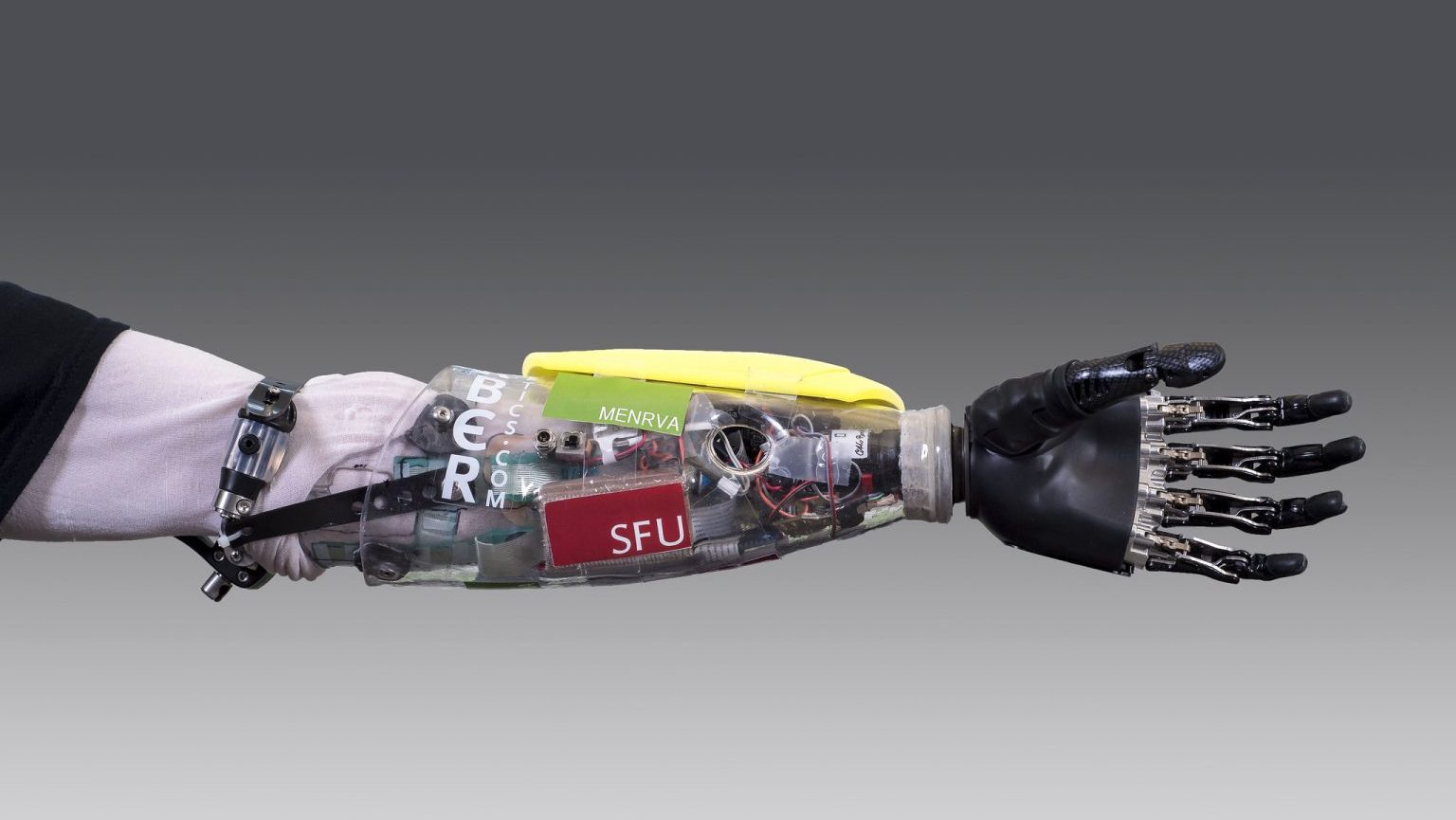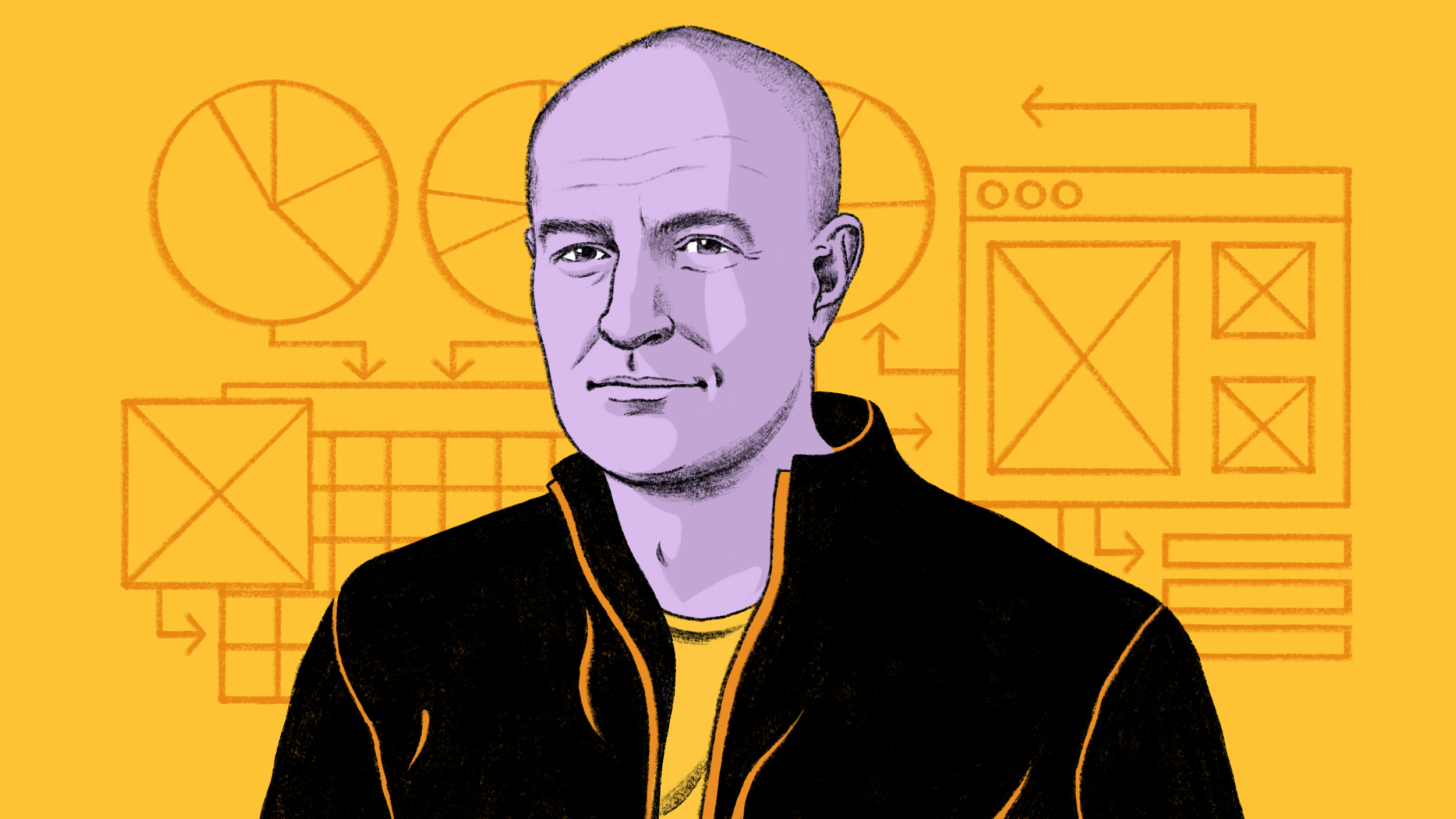Fred Hassan on the mobilizing forces of technology.
This series sponsored by Dell and digitalnomads.com
I’m Fred Hassan, the Chairman and Chief Executive Officer of Schering-Plough Corporation, which is a pharmaceutical company.
Question: A Global Childhood
Fred Hassan: Early in my life, I went through the high school system in Pakistan, and then I went overseas to the UK for a chemical engineering degree at Imperial College in London. And then I went back to Pakistan to work for a fertilizer company for 3 years, and then I came to the United States to study MBA at Harvard Business School, and then I joined the pharmaceutical industry in 1972, and I’ve been with the pharmaceutical industry ever since.
Question: A Global CEO in a Global World
Fred Hassan: Well, personally, I work very comfortably with a lot of information around me. The advantage of the internet is that one has much, much quicker access to information, and that, of course, improves everybody’s ability to work a lot better.
And also, the transfer of science knowledge around the world is something that’s making our global innovation come to the benefit of everybody. Science travels everywhere. If somebody comes up with a great idea on something in China, it travels quickly through the internet and, in that regard, we are becoming a global village when it comes to the world of science.
Question: Staying Connected to Global Innovation Centers
Fred Hassan: science breaks everywhere around the world and there are important universities around the world that make their contribution. There are companies that are doing research around the world, and we have to build on each other’s knowledge. So science travels quickly and easily, and it’s very important to remain connected.
Question: The Office Redefined
Fred Hassan: The biggest application that we’re seeing is our field representatives. They’re able to call up information while they’re out there in the field. That makes them all focused, more targeted, and they also are able to avoid a less valuable calls on the doctors. So in many, many ways, the modern technology is making people more efficient and more connected with each other.
Question: The Challenges of a Mobilized Workforce
Fred Hassan: In the end, people are social animals, and you cannot get too disconnected. In some ways, you have to be careful that modern technology doesn’t make you too comfortable in that world and you lose the sense of the human touch and that is something we all need to watch out for.
We work through understanding each other. Wherever possible, we at least try to get to know each other as people. Human relationships are extremely important in a large company. We have over 50 thousand employees around the world and in many, many countries around the world, and it is very important that people reach each other on a human level. That’s when the trusting relationships begin and if people work in an environment of trust, then the whole system is a lot more productive.
Question: Keeping a Competitive Advantage
Fred Hassan: I think we’ve all done well as CEOs ‘cause we’ve had this element of speed and flexibility in the ways we do our things. We don’t get too far behind, we try to stay in tuned, and then we try to stay flexible and we have this learning mode. For example, when I started my career in the industry in 1972, biotechnology was almost a non-existent concept but that has changed the world of pharmaceuticals and I have tried very hard to stay in tuned with that change. The internet has changed the world of technology around us. I’ve worked hard to stay in tuned with that concept. It’s important to stay in tuned and to adapt and to grow all the time.
Question: What is innovation?
Fred Hassan: Innovation is not just a great scientific idea by somebody in a laboratory. It’s really working in a collaborative manner to build value into the idea. And that means, you have to have peripheral vision, you have to reach out to your colleagues in different part of the company and take advantage of this great matrix that we have that becomes a resource at that point. In some ways, we call it, like plugging into a power grid. If we can accomplish that, then we’ve been very successful.
July 30, 2008





